The biggest priorities for Bendigo and central Vic, as voted by you
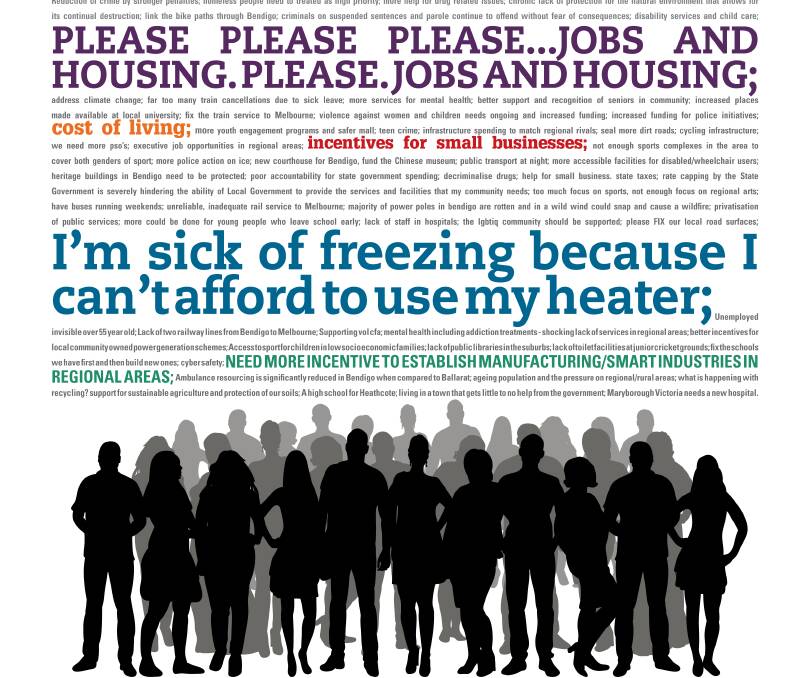
WHAT are your priorities for our region?
A survey on bendigoadvertiser.com.au asked central Victorians to share their thoughts to help find the region’s priorities ahead of the November state election.
Hundreds of people from Bendigo and surrounding towns responded to the survey, which was broken up into a series of yes-no questions, a slider allowing respondents to rank how important an issue was to them, and an opportunity to provide their own answers.
Scroll down to see the results, or click here to see how the state responded.
HOW TO RETAIN PEOPLE?
The questions that received the largest “yes” response concerned financial incentives to retain people in regional communities like Bendigo.
Respondents believed students should receive more financial support to attend university or vocational education (85%), employers should receive financial incentives to recruit and retain local secondary school leavers (82%), and health professionals should be given greater incentives to work here (80%).
There was also a strong response for providing private businesses funding to establish in Bendigo (78%), and relocating government departments to Bendigo (73%).
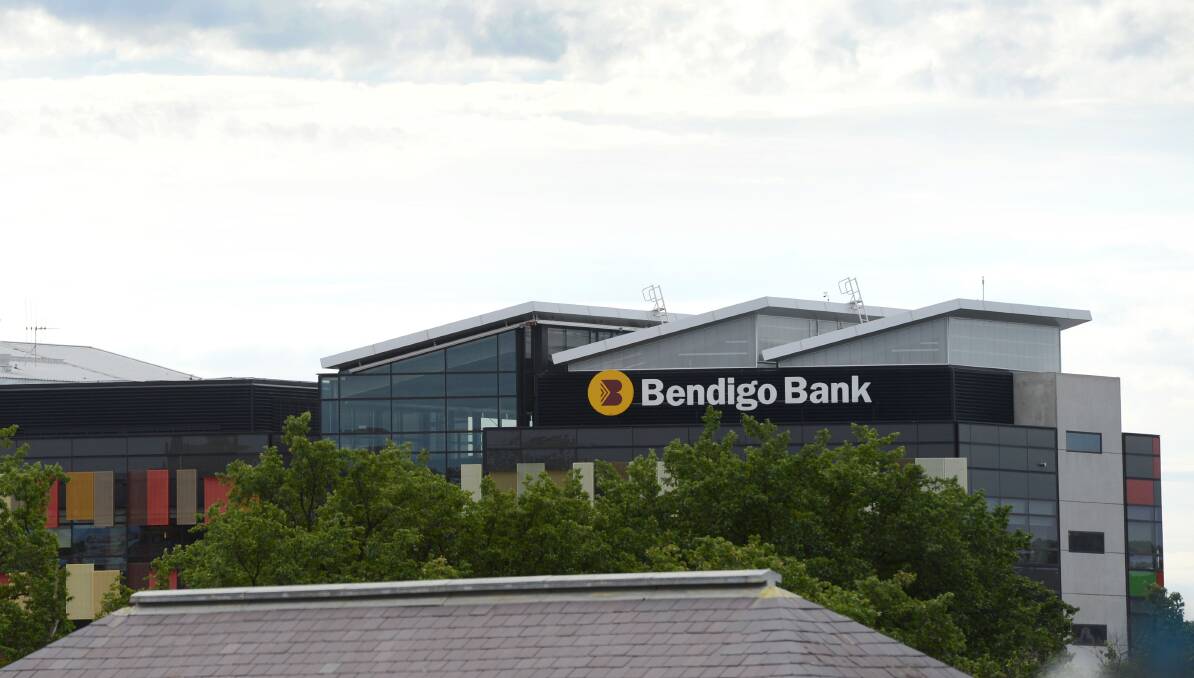
The response reflects a renewed push at both federal and state government levels to decentralise government services to regional areas.
It also showed more needs to be done to keep the best and brightest in Bendigo.
Issues such as the quality of the region’s roads, public transport options, support for Indigenous Australians and facilities for female athletes received less of a conclusive response.
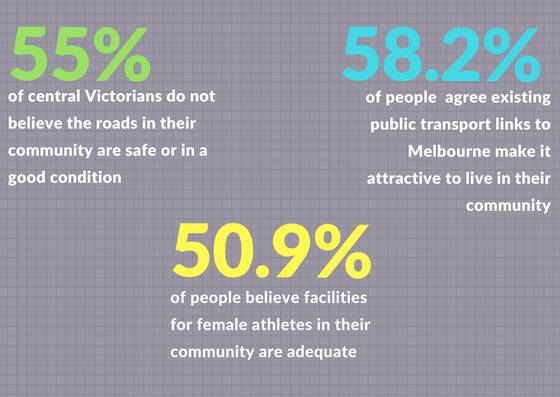
Respondents disagreed with several statements put to them in the questions, including that private schools should receive government funding and refugees should be given reduced-cost rent. They also disagreed that enough was being done to make the CBD a safe and attractive place to visit.
For the slider questions, health was the number one priority with 98 per cent believing it to be important or very important for the community.
Job creation was second, while public transport, community and sporting facilities, and renewable energy had the smallest number of “important” responses.
The results will be used to question sitting MPs and candidates in the lead-up to the state election on November 24, and will help prioritise issues that will shape the campaign.
Local MPs and candidates have also been asked to fill out the survey themselves.
ACROSS THE REGION
HEALTH, regional development and education were the main concerns for residents of Central Goldfields Shire.
Perhaps unsurprisingly, many were disaffected with the performance of their local council and believed governments were not doing enough for small towns.
One respondent even went as far as wanting the abolition of local government, while another believed the quality of public education in some towns needed to be improved.
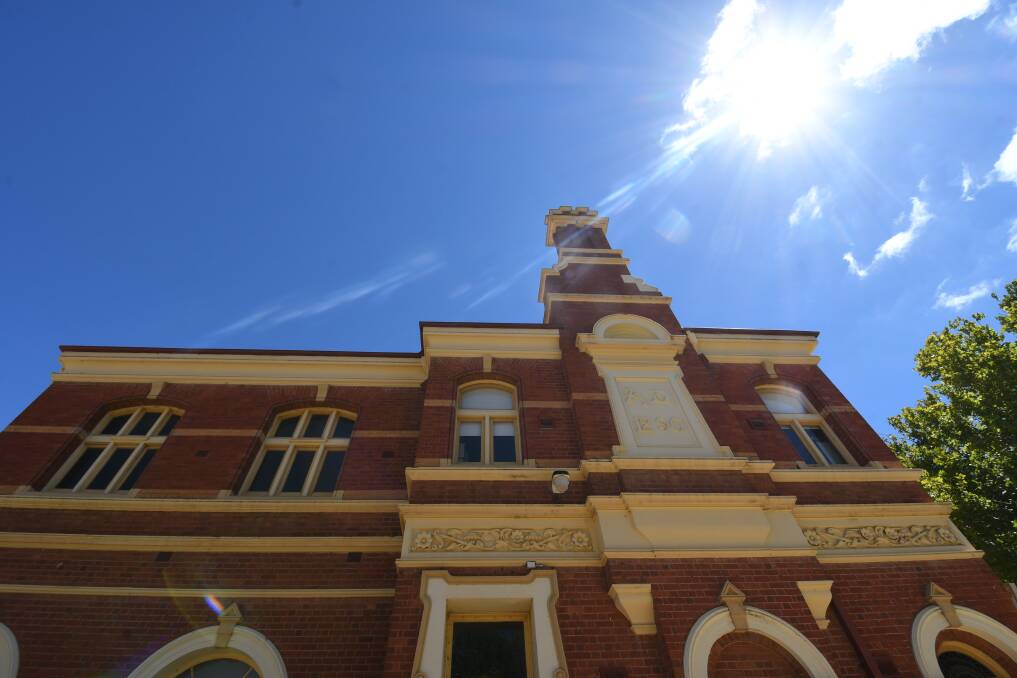
Offering financial incentives for health professionals to live in their town, greater support for higher education students and incentives for private businesses to establish received an almost unanimous “yes” vote.
Affordable housing was the top issue for Campaspe Shire respondents, while roads and education were the main priorities in Loddon Shire.
Loddon respondents commented on the number of trucks passing through their towns, a need to retain quality teachers and health professionals, and greater scrutiny of local government.
JOBS
WITH Bendigo predicted to grow from 100,000 people to at least 150,000 by 2050, putting in place policy settings to create jobs for everybody remained a priority.
The topics of “job creation” and “wages” were among the most important for Bendigo Advertiser readers.
As one reader put it, jobs are becoming increasingly scarce for young people and are forcing them away from the area.
Local jobs is massive, with the age of retirement going up faster than people are retiring, young youths are struggling to find casual employment and are just turning to Job Seekers, which doesn't even work
Another complained that the unemployed are “invisible over 55 years old” and there are “many forgotten people in our community”.
Younger or older, it appears the job situation is the same. And it’s not good for many.
In the result of the 2016 Census for Bendigo, 6.7 per cent listed themselves as unemployed, 5.6 per cent were “away from work” and a further 34.7 per cent were not in part-time or casual work. It was a worse result than the previous Census.
Population growth has driven economic growth in parts of Australia for decades, but Be.Bendigo chief executive officer Dennis Bice said it was not enough to simply sit back and wait for more people to create more jobs.
“We can’t just assume that an increase in population will mean an increase in jobs, we need to be working to create those opportunities, building on industries and businesses we already have here, and attracting new industries,” he said.

“There will certainly be more opportunities in the technology space.
“At the moment our clear focus is to support government investments that will be occurring in Bendigo. These include the Gov Hub, that will create more jobs, and relocating the law courts.”
Mr Bice said the state government needed to help Bendigo find more available industrial land following its refusal to allow the acquisition of the Carter land at Marong.
Recent examples of wage theft, exploitation and phoenix companies have highlighted the precarious nature of casual employment, particularly for young people.
The use of labour hire firms is also facing stronger scrutiny in an attempt to stop companies replacing their workers with those not on the award.
HEALTH
THE new Bendigo Hospital stands as a shining example of what can be achieved through co-operation between states and the Commonwealth, and community lobbying to improve regional health services.
Bendigo people speak of the pride they have in the $633 million facility, and the topic of “health” ranked as the most important issue for the state election.
Almost all respondents – 98 per cent – ranked health as important or very important.
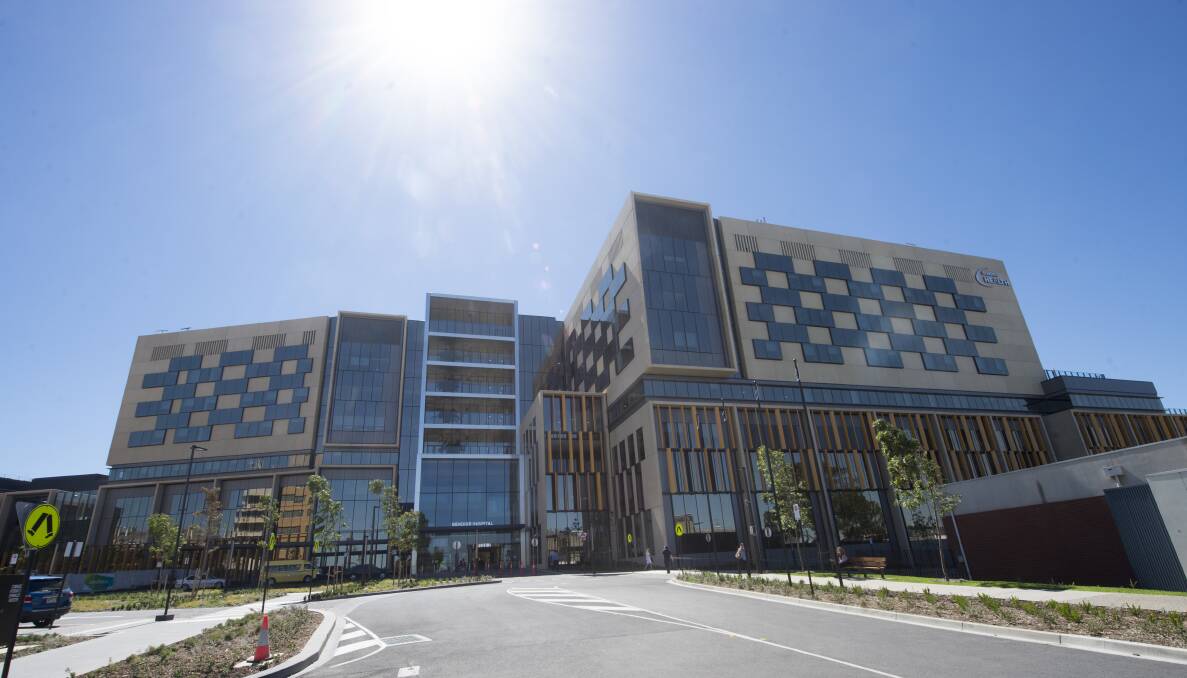
But even with a brand new hospital, there are still a range of ways that health services can be improved in Bendigo and central Victoria more broadly.
There was concern that there is not enough support for people with mental illness, and those with drug and alcohol problems.
Respondents spoke of long wait times for mental health rehabilitation services, and another described the level of resources for mental health and drug services as “shocking” in regional areas.
Bendigo Community Health Services chief executive officer Kim Sykes agreed that more needed to be done to provide long-term support for people with mental health concerns.
She said funding for greater support services – including incentives to get more people into the mental health and drug support workforce – was an investment, rather than a cost, for the community.
“If we don’t properly support people with ongoing alcohol, drug and mental health issues, not only does the individual pay an unreasonable price, there’s also a wider impact on the community,” Ms Sykes said.
“People with mental health and AOD issues frequently need more than just treatment services, they need support services to help them function well in the community.
“There is a shortage of staff treating people with AOD and mental health concerns.
“There is an enormous opportunity with the government initiative to allow TAFE to train people in priority areas, such as this.”
Ms Sykes said the arrival of the National Disability Insurance Scheme could impact the level of investment in support services.
She said Victoria’s funding for mental health services was better compared with other states, and there remained a need to give equal support for all families.
In the Murray Primary Health Network’s latest needs assessment, retaining GPs in regional areas remained a key issue.
Cardiovascular disease, diabetes and chronic obstructive pulmonary disease were significant drivers of hospital admissions across the region. There was also an identified need to address the gap in health outcomes between Indigenous and non-Indigenous people in the 22 council areas.
HOUSING
WHEN given the opportunity to provide their own priorities, people covered a wide range of topics.
From bringing councils into line, to increasing sentences for violent offenders, the list of ideas for the state government to improve Bendigo was long and detailed.
Yet housing was a common issue.
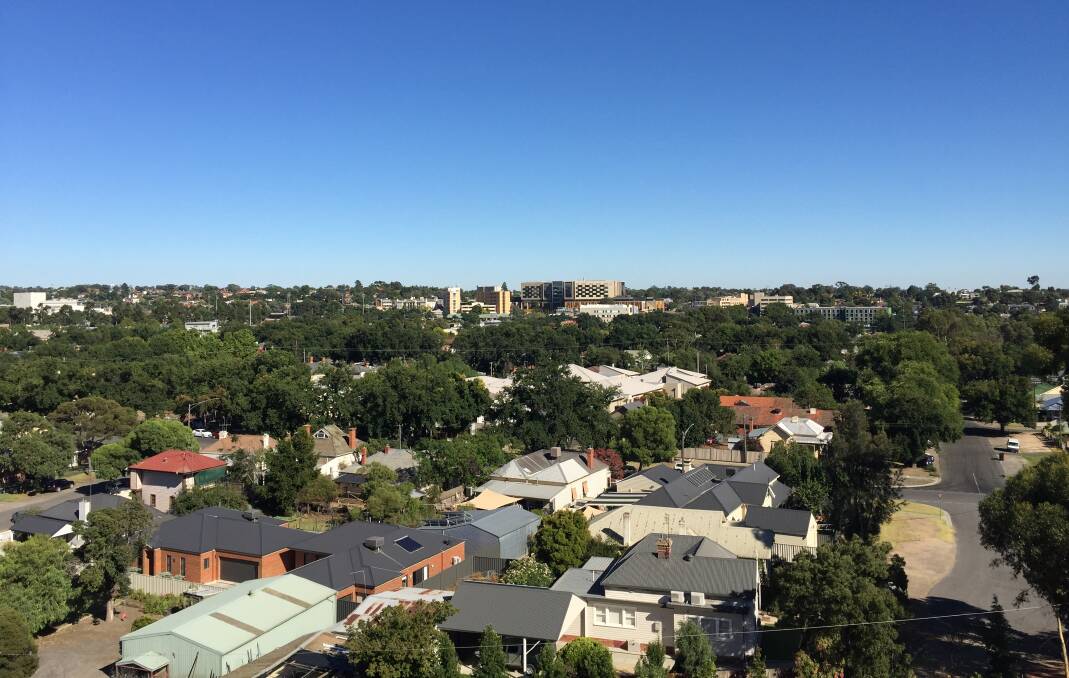
Respondents regularly raised concerns about the lack of affordable housing, affordable rentals, social housing and the poor quality of housing available in central Victoria.
One said “private rental housing [is] far too expensive”.
And another summed it up with:
“please please please… jobs and housing. Please. Jobs and housing.”
In recent years the City of Greater Bendigo has increased its focus on more medium density housing, such as units and townhouses. These policies take years to flow through, however.
One related topic not covered in the survey – and one that appeared when people could supply their own responses – concerned the planned population growth of Bendigo and the city’s migration intake.
Some saw the likely figure of 150,000 people by 2050 as unrealistic in terms of job opportunities, public infrastructure and social cohesion.
Immigration, or references to immigration, also appeared in answers as a cause of concern.
Bendigo’s Karen and Indian communities have grown faster than other ethnic groups in recent years, attracted to the city due to comparatively low living costs, the existence of an established community and good study options.
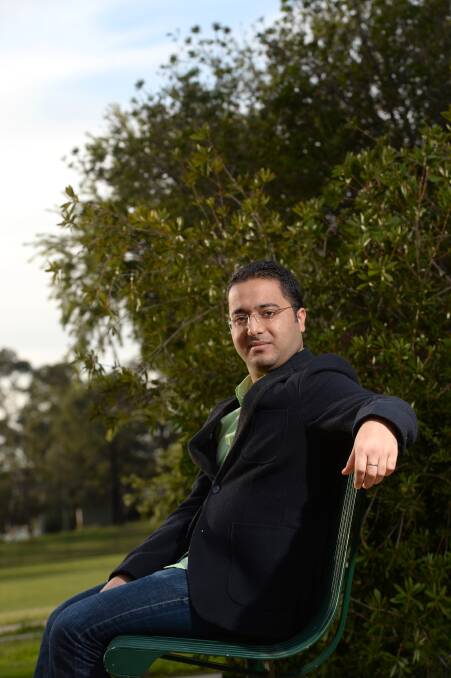
Loddon Campaspe Multicultural Services chairman Abhishek Awasthi said this was in no way a bad thing – and was likely to help Bendigo’s economic growth improve, like it had elsewhere in Australia and in the world.
“In many cases – particularly in smaller towns and areas outside of Melbourne – it has caused an enormous revitalisation of economies. You just need to look at a town like Pyramid Hill to see the huge benefits,” he said.
“New people need to feel comfortable in the area, there needs to be a co-ordinated response.”
What are your thoughts? Send a letter to the editor to addynews@fairfaxmedia.com.au or via this link.
IN YOUR OWN WORDS
At the end of the survey, we asked people to tell us any extra priorities they wanted to include. Below is a compilation of these reader comments – as shared by you.


